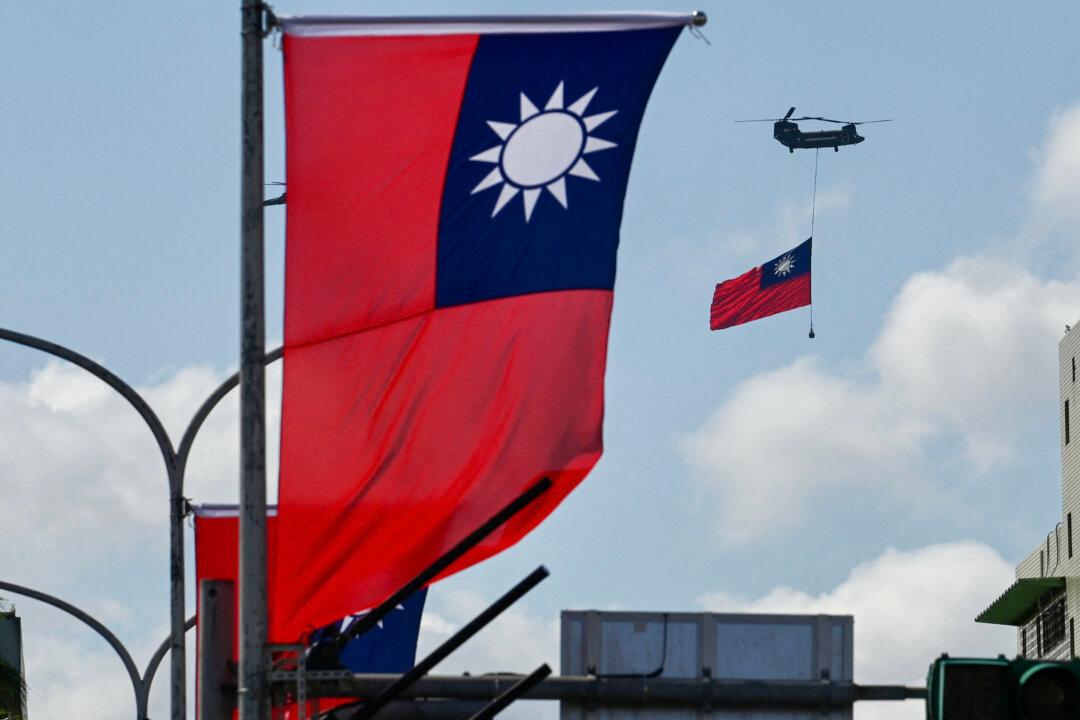The Taiwanese government is helping Pacific countries combat disinformation, using its experience with countering election inference originating from the Chinese Communist Party (CCP).
Douglas Yu-Tien Hsu, a representative from the Taipei Economic and Cultural Office (TECO) in Australia, discussed Taiwan’s efforts to support democratic institutions and enhance democracy in the Pacific region.





